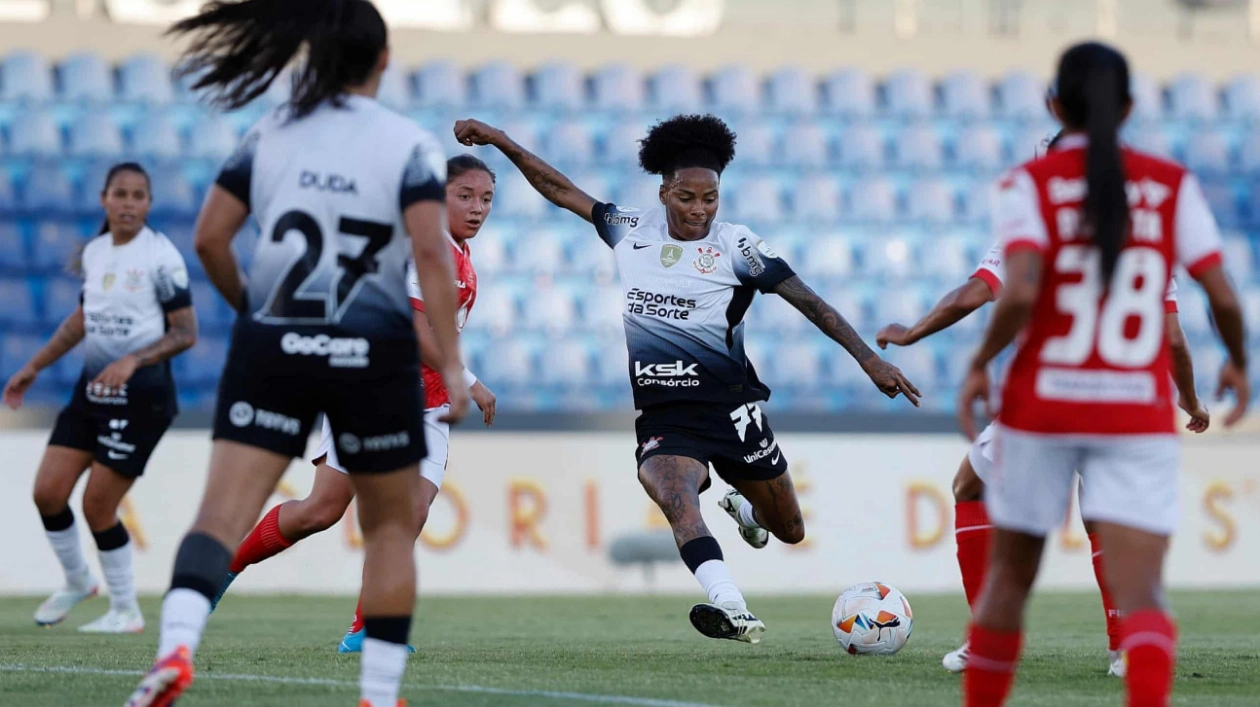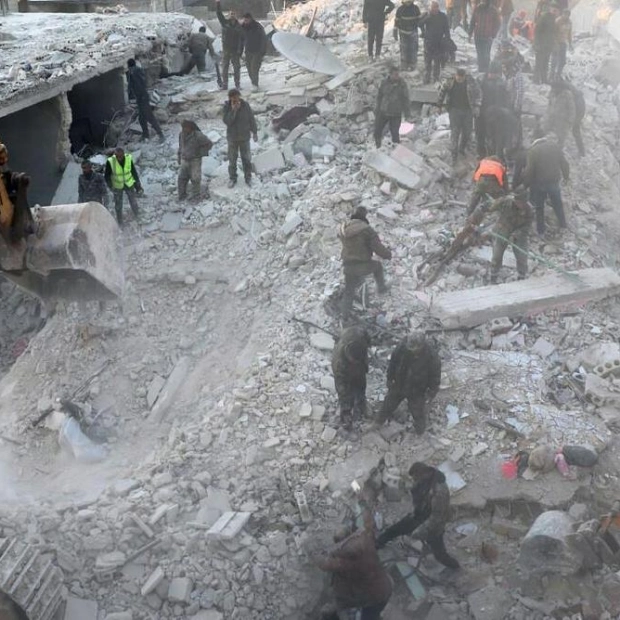The 2023 Copa Libertadores Femenina, the premier women's football club competition in South America, concluded on Saturday with a mix of triumph and discontent. Corinthians emerged undefeated in the finals, securing their fifth title at the Estádio Defensores del Chaco in Paraguay, after a 2-0 victory over Colombia's Santa Fe. Vic Albuquerque and Érika netted the crucial goals, but as the players celebrated, they also took to social media to voice their grievances about the tournament's conditions. "We won, but not everything is a celebration," they stated, highlighting issues such as last-minute venue changes, lack of publicity, poor pitches, and inadequate infrastructure.
In contrast, the men's Libertadores stands as the pinnacle of South American football, characterized by packed stadiums and passionate fans. The 2024 men's group stage commenced in April, with the final scheduled for late November, featuring two-legged matches that draw substantial crowds. The women's tournament, however, was condensed into 17 days in a single country, resulting in empty stadiums and a format that deterred fans from attending.
The challenges for this year's edition began early when Conmebol announced a last-minute move from Uruguay to Paraguay, just 36 days before the tournament's start. Tickets went on sale only a day before the first match. Four stadiums were utilized: Estádio Arsenio Erico and Defensores del Chaco in Asunción, Estádio Carfem in Ypané, and Estádio Conmebol in Luque. Heavy rain during the group stage caused significant delays and forced the quarter-final between Corinthians and Olimpia to be relocated to Ypané, where conditions were only marginally better.
Players and coaches consistently expressed concerns about the pitch conditions, inadequate transportation, and the overall tournament structure. While there has been some progress, such as an increase in prize money, the tournament still struggles to garner the continent's attention. The 2024 edition offered a total prize pot of $3.6m, with $2.05m going to the winners, a marked improvement from the $285,000 in 2019. However, the viewership remains a challenge, with over five million people watching the 2023 final, but data for 2024 is yet to be released.
The tournament's rule allowing only 20 registered players also drew criticism. Corinthians, for instance, faced a predicament when their goalkeeper was suspended for the semi-final, leaving just one backup option. The poor conditions extended beyond the pitch, with players sharing videos of broken-down buses used for transportation, highlighting the lack of care from Conmebol.
As South America prepares to host its first women's World Cup in 2027, Conmebol must address these concerns to elevate the Libertadores Femenina to a respected tournament. The players' grievances cannot be ignored if the competition is to truly reflect the passion and potential of women's football in the region.
Source link: https://www.theguardian.com






